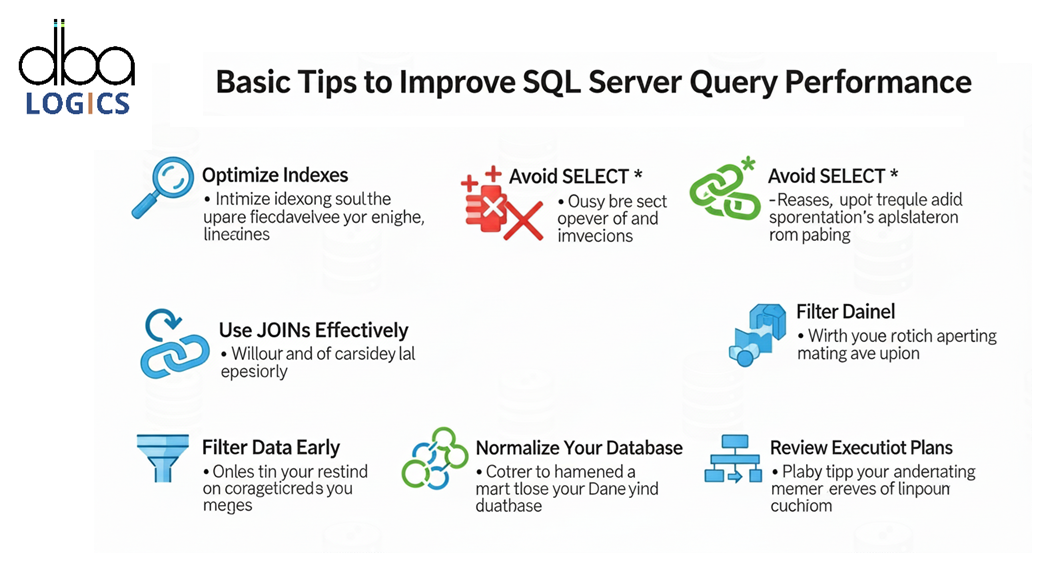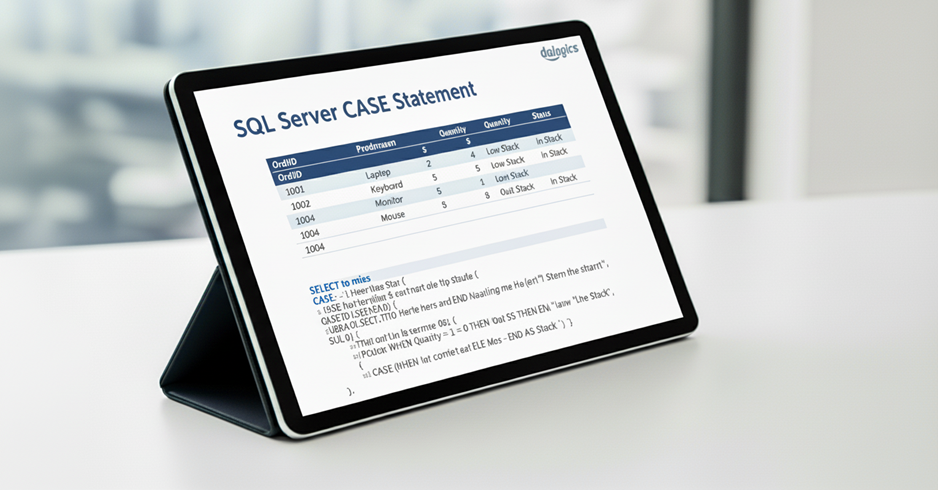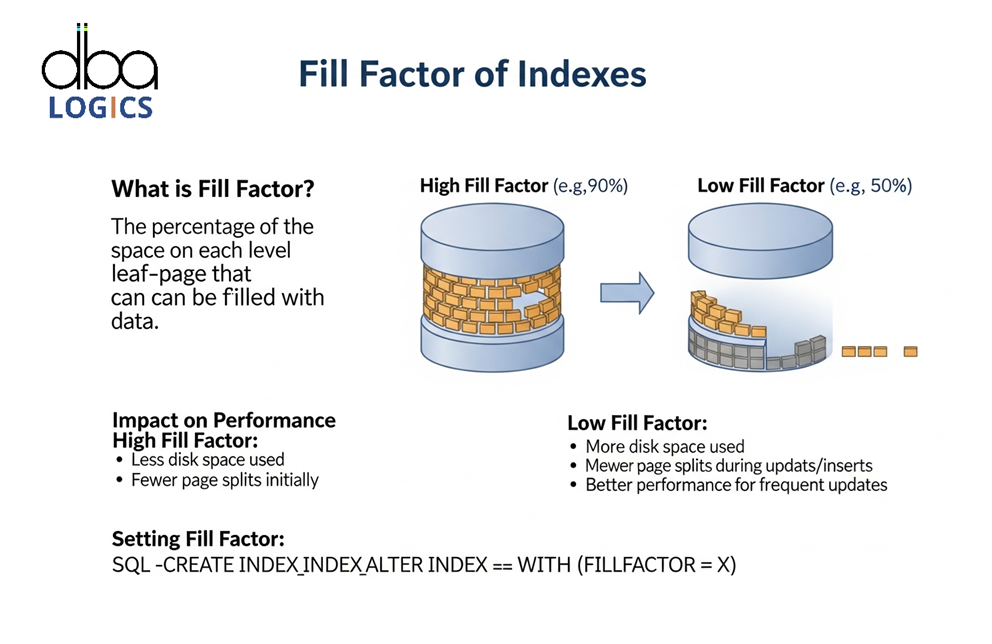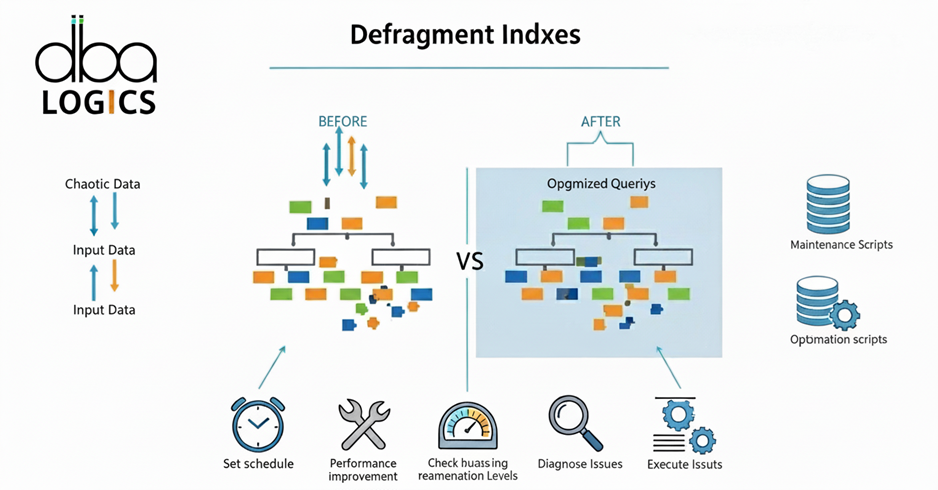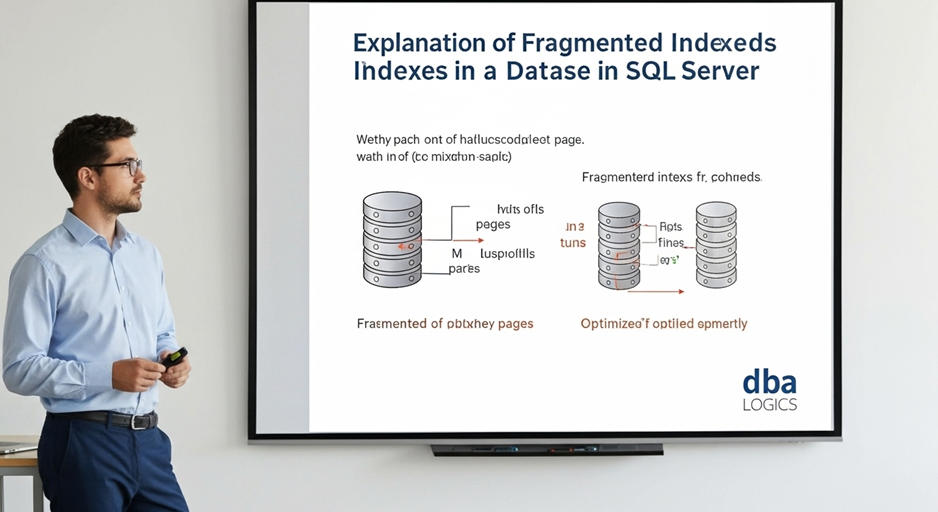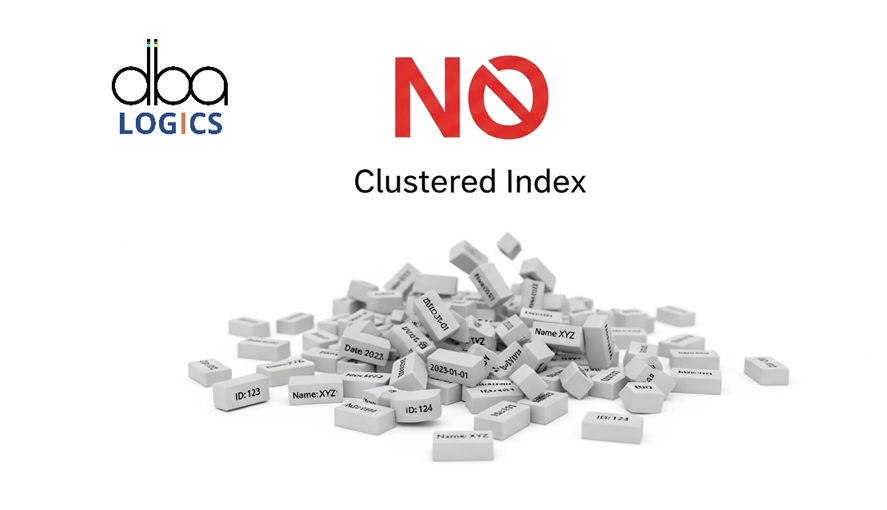Tuning
Becoming a Successful Database Administrator (DBA)
A Database Administrator (DBA) is the one who designs, implements, maintains, and solves database problems. The major objective of a DBA is making the...
Basic Tips to Improve SQL Server Query Performance
The SQL Server has optimal query execution, proper indexing and frequent modification of the system based on the data load very efficiently.
Finding Top 10 Queries That Use CPU in MS SQL Server
This query can be used to get the 10 most CPU consuming SQL statements and will assist the DBA with the identification and optimization of costly bott...
SQL Server CASE Statement – Simple Explanation
The CASE statement in SQL Server is used to add conditional logic to your queries. It works like an IF-THEN-ELSE statement, allowing you to return dif...
Understanding Relative Query Cost in SQL Server
Relative Query Cost in SQL Server refers to the estimated percentage of resources (like CPU and I/O) used by each part of a query or by multiple queri...
Explanation of Unused Indexes in SQL Server
Unused Indexes are indexes that exist in a table but are rarely or never used by SQL Server for reading data. These indexes consume storage and slow d...
Explanation of SQL Server Performance Tuning All-In-One Bundle
The All-In-One SQL Server Performance Tuning Bundle provides professional tools, scripts and guidelines in order to minimize query execution time, use...
Explanation of Find Fill Factor of All Indexes in a Database in SQL Server
Fill Factor is one of the options that deal with the amount of space to leave in every index page
Explanation to Defragment All Indexes in a Database
Rebuilding all indexes enhances database by re-ordering or re-assembling fragments in all indexes within all the tables of the database.
Explanation of Fragmented Indexes in a Database in SQL Server
Identify fragmented indexes in SQL Server to improve query performance and optimize storage by rebuilding or reorganizing inefficient index structures...
Explanation of Find Tables Without Clustered Index in SQL Server
Checks SQL Server tables which do not have clustered indexes, but assist in improving performance, by revealing tables which can also be indexed.
SQL Server Statistics Updates: A Deep Dive
Updates The statistics that are used by the query optimizer to select efficient execution plans are maintained through the SQL Server statistics updat...
DBCC SHOW_STATISTICS: A Deep Dive with Practical Examples
DBCC SHOW_STATISTICS examines indexes and data rows of a table and displays the finding.


